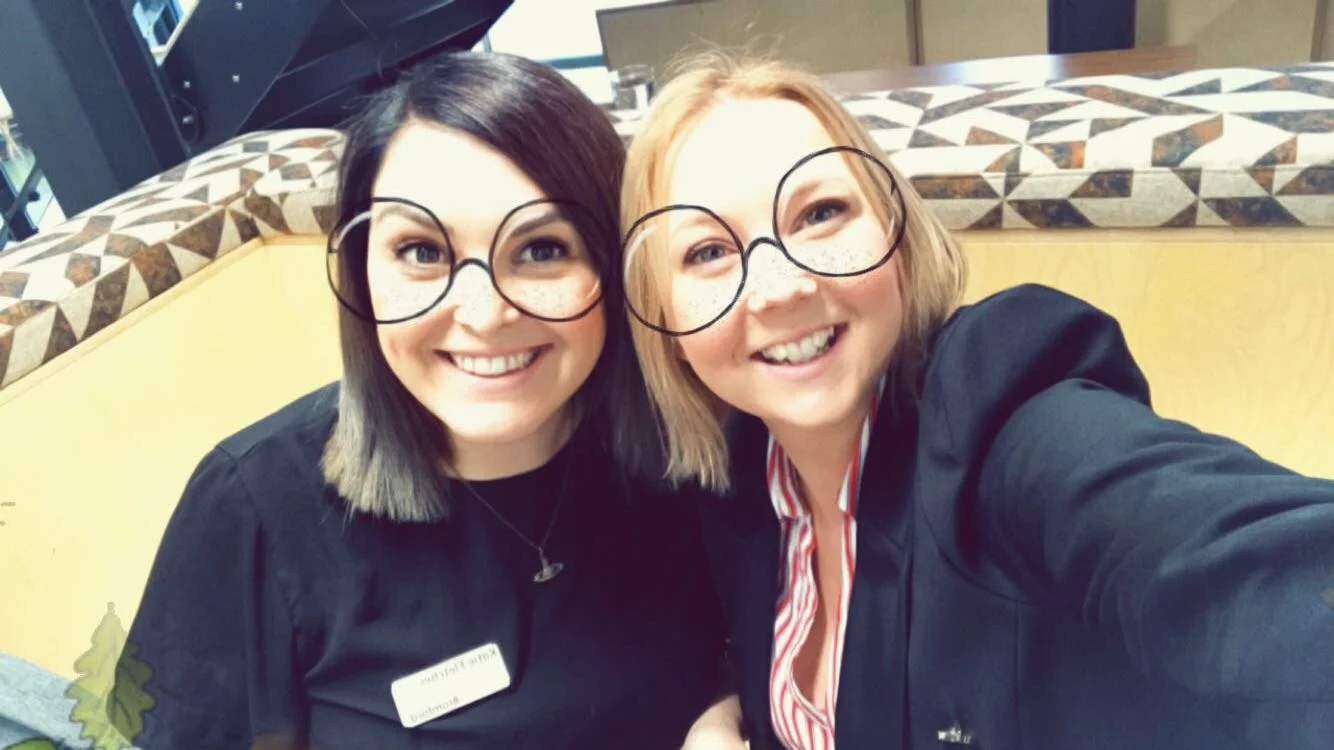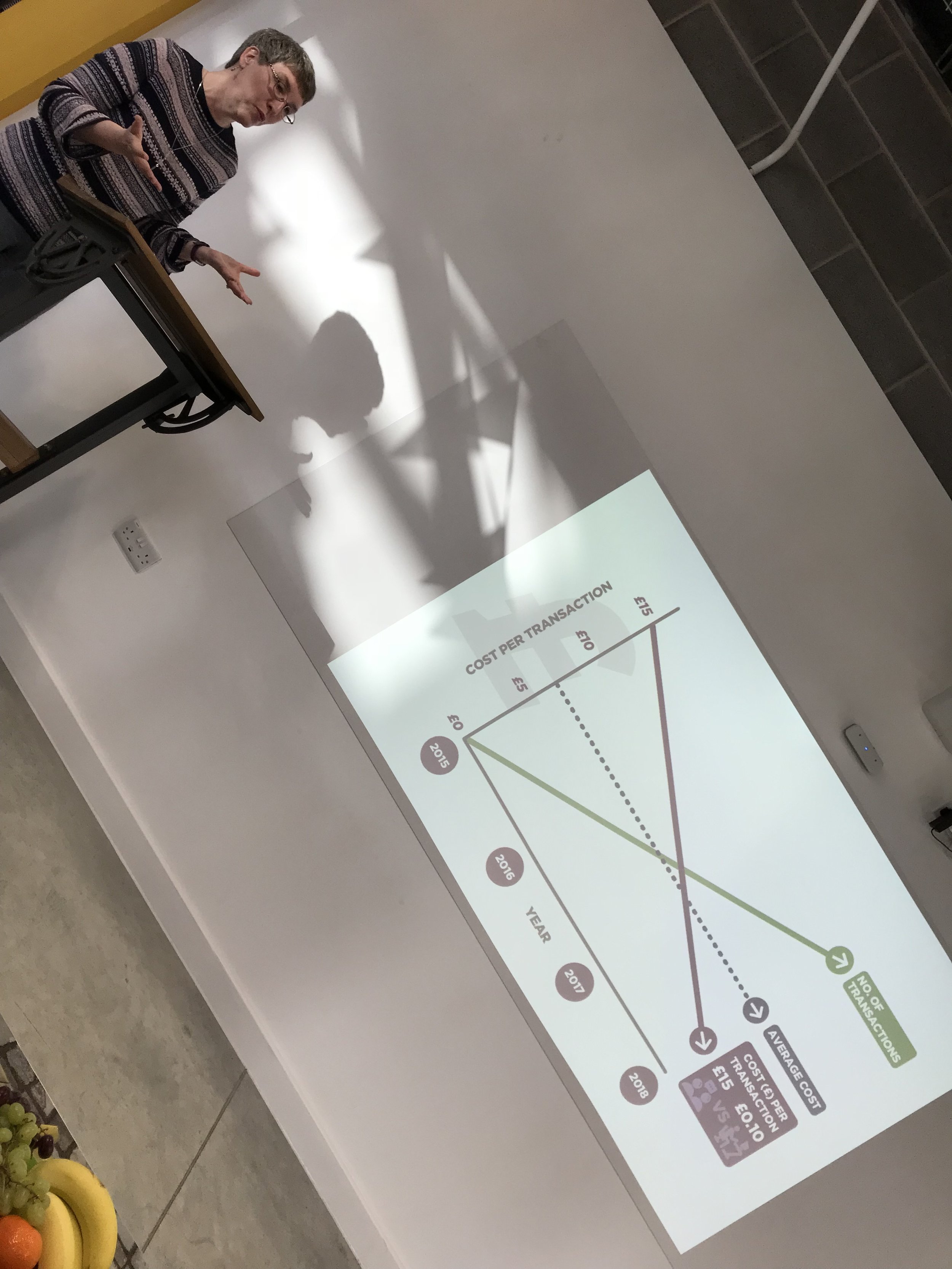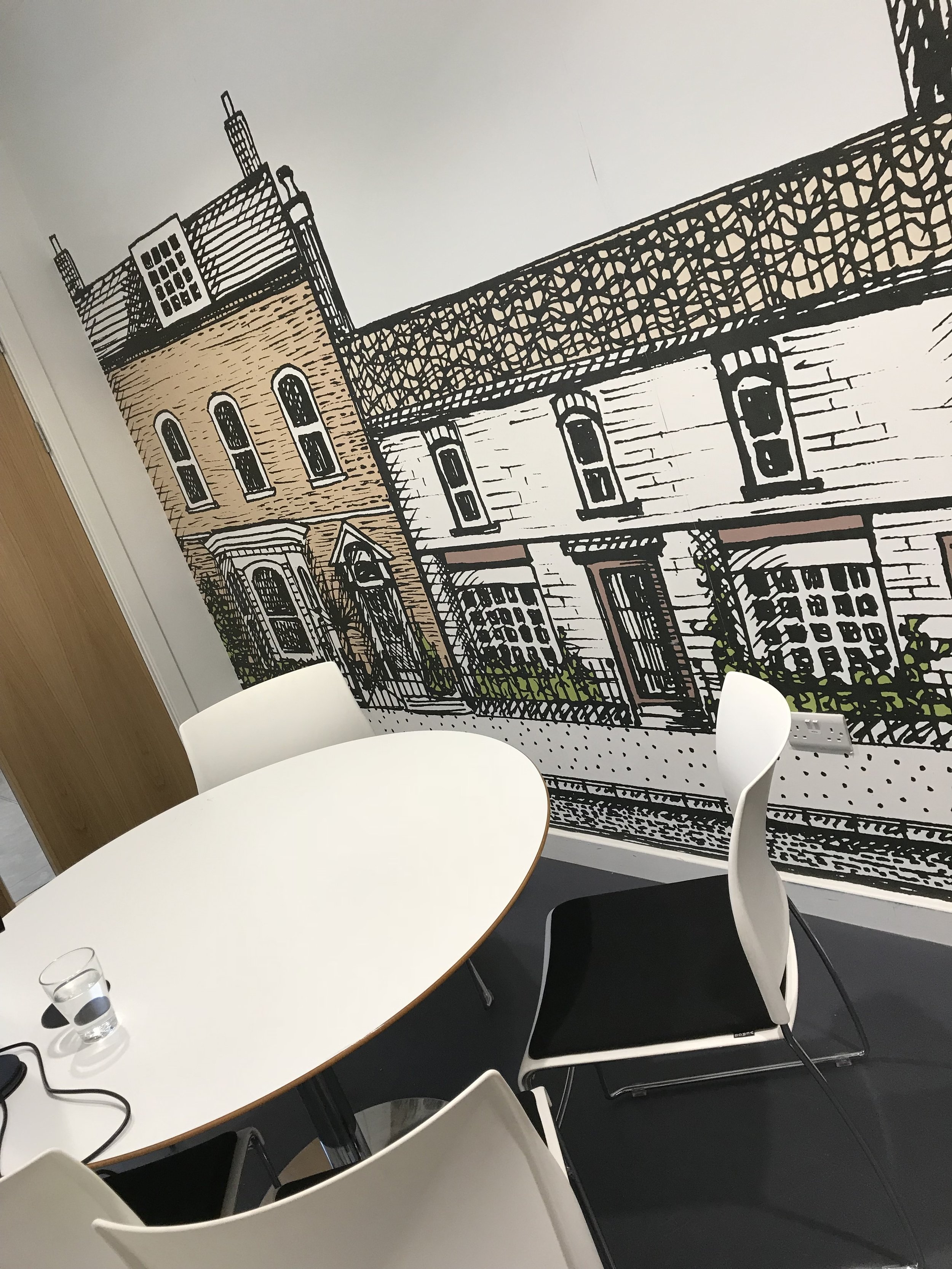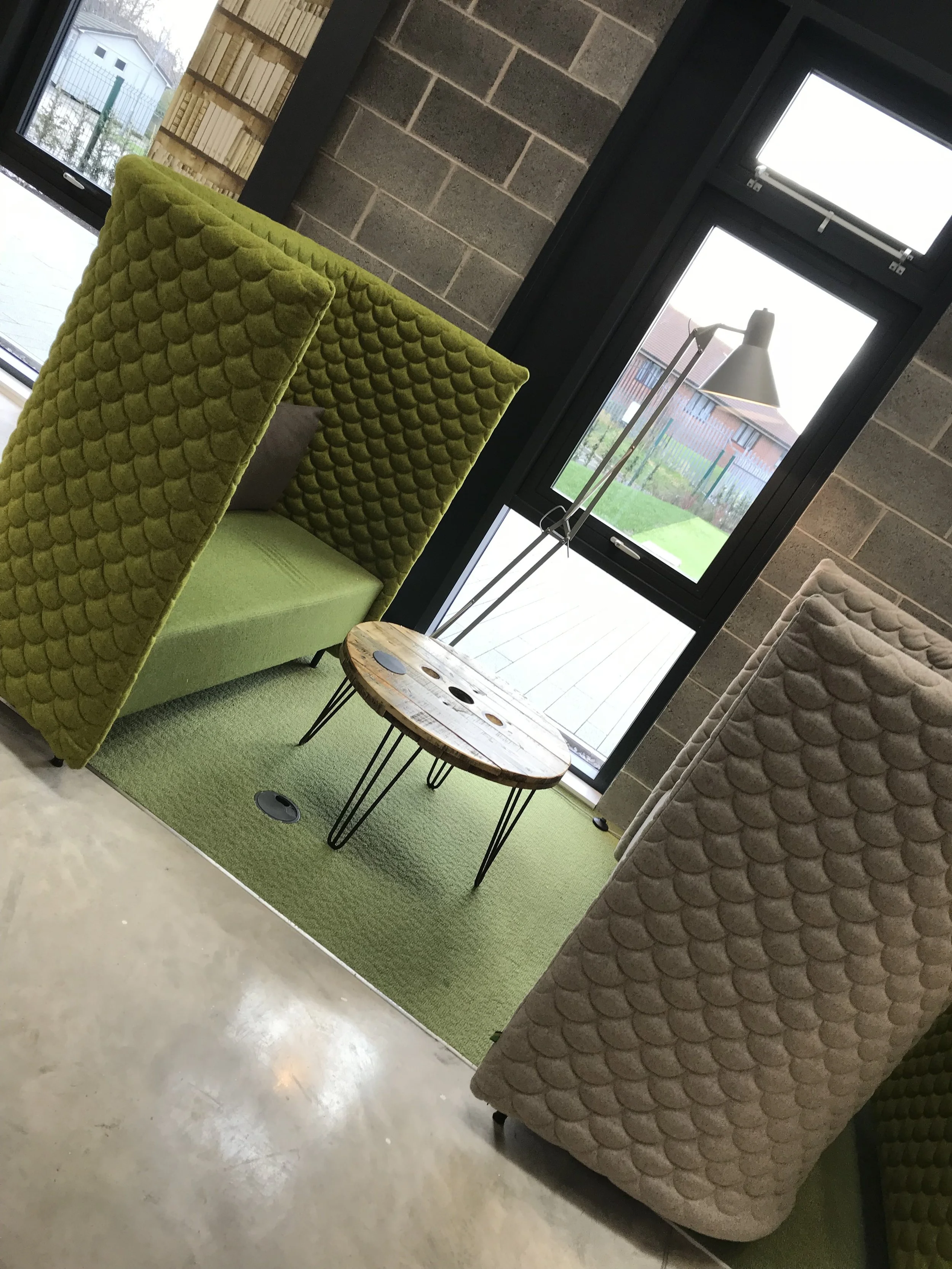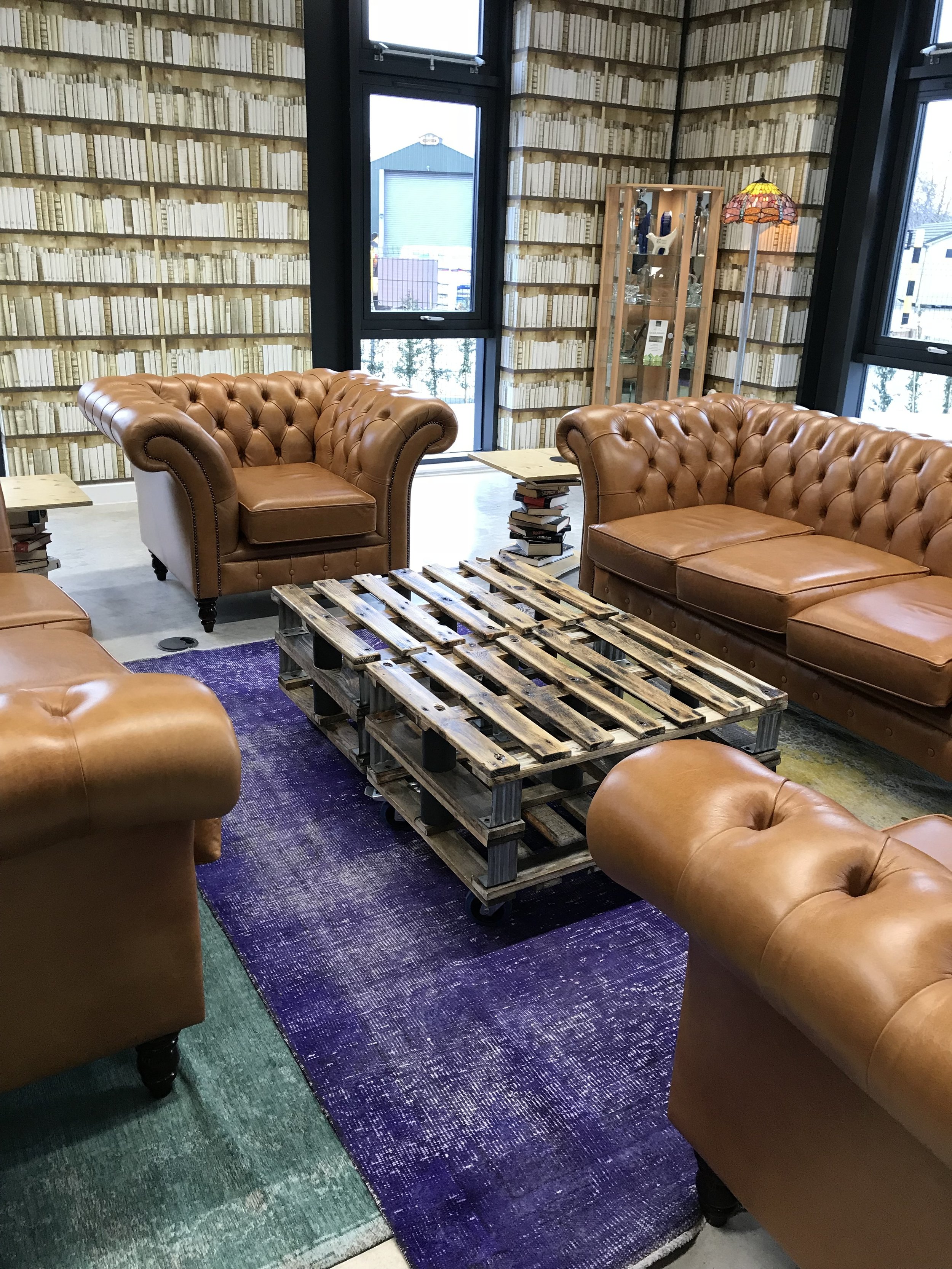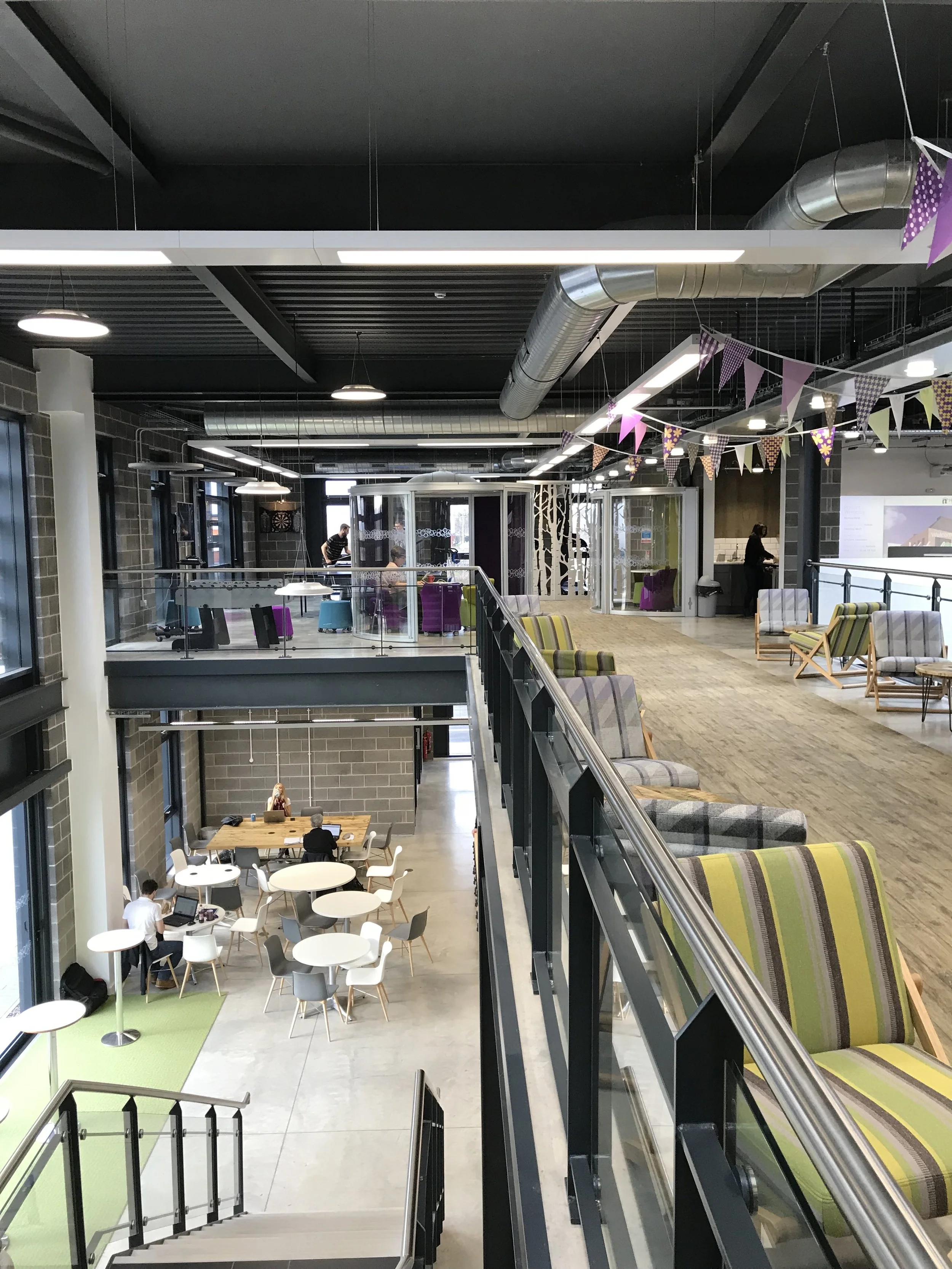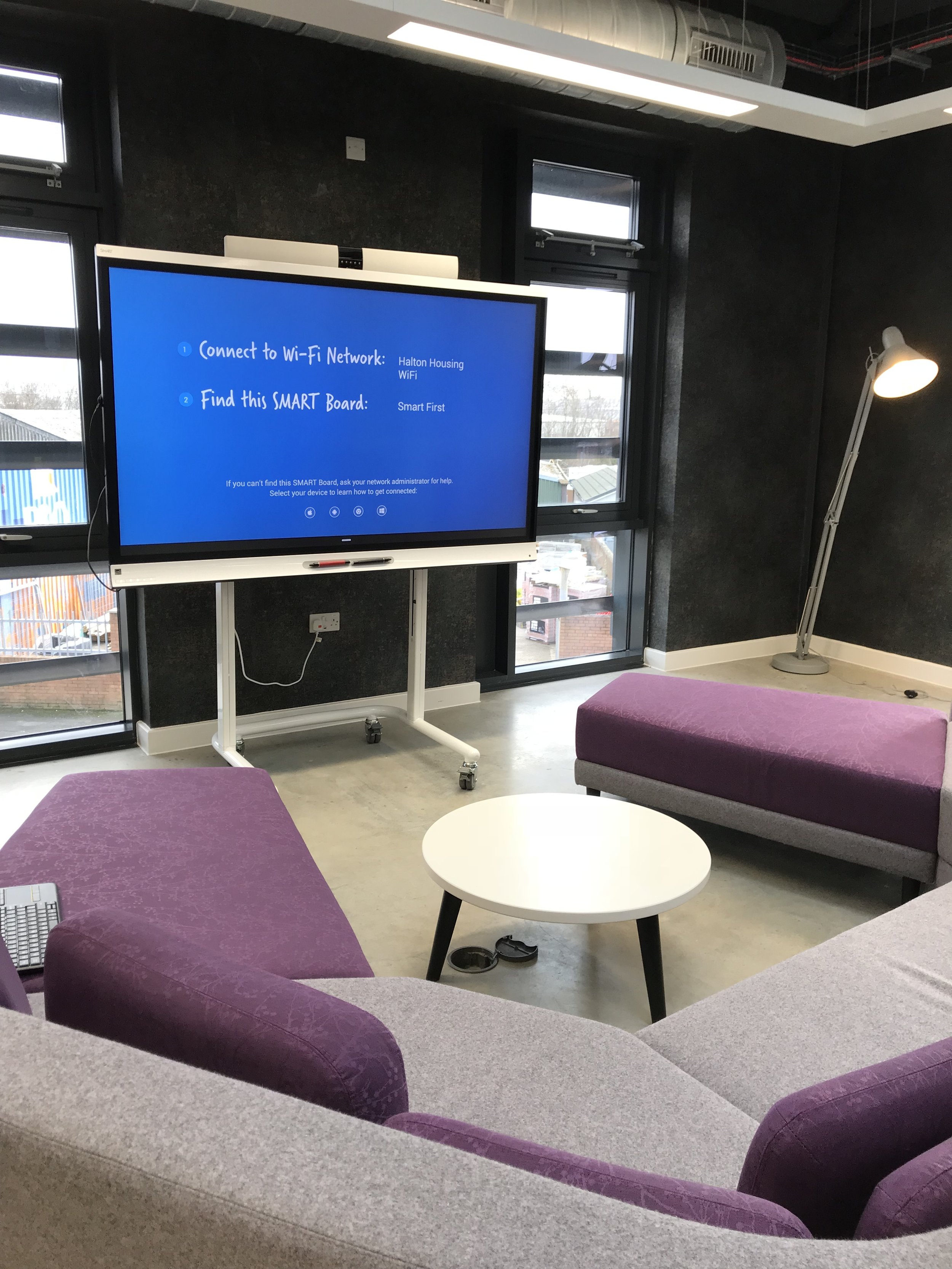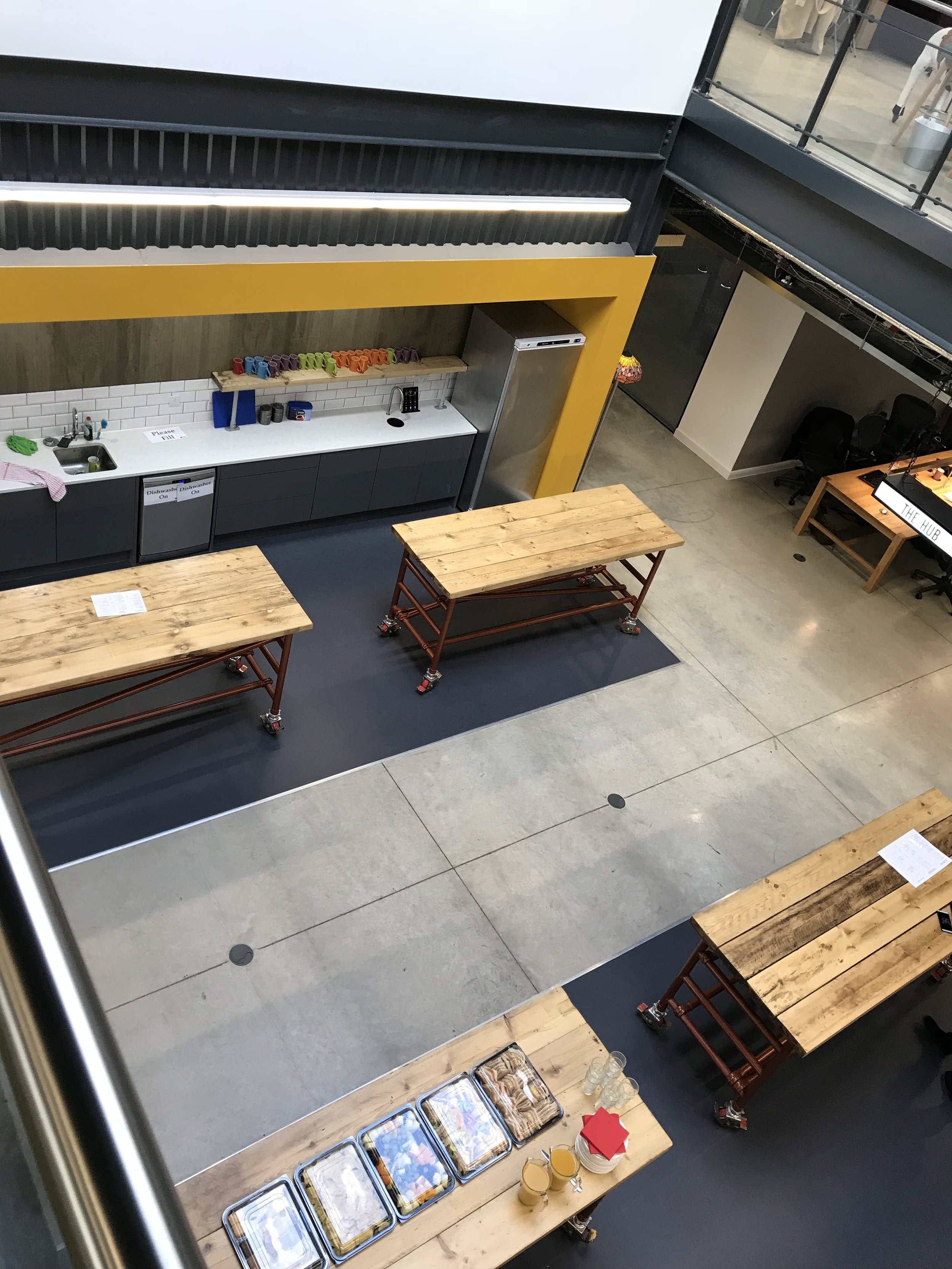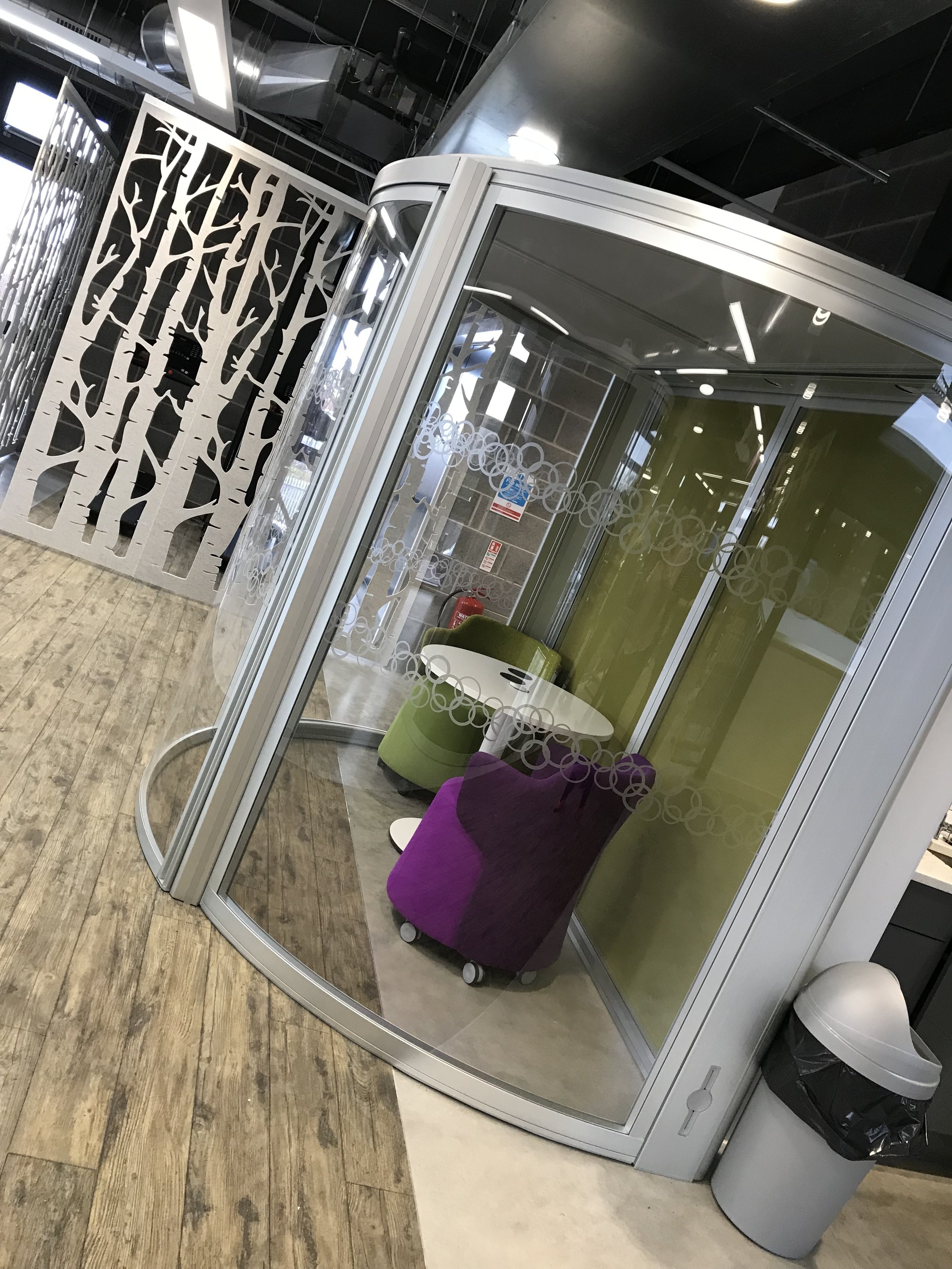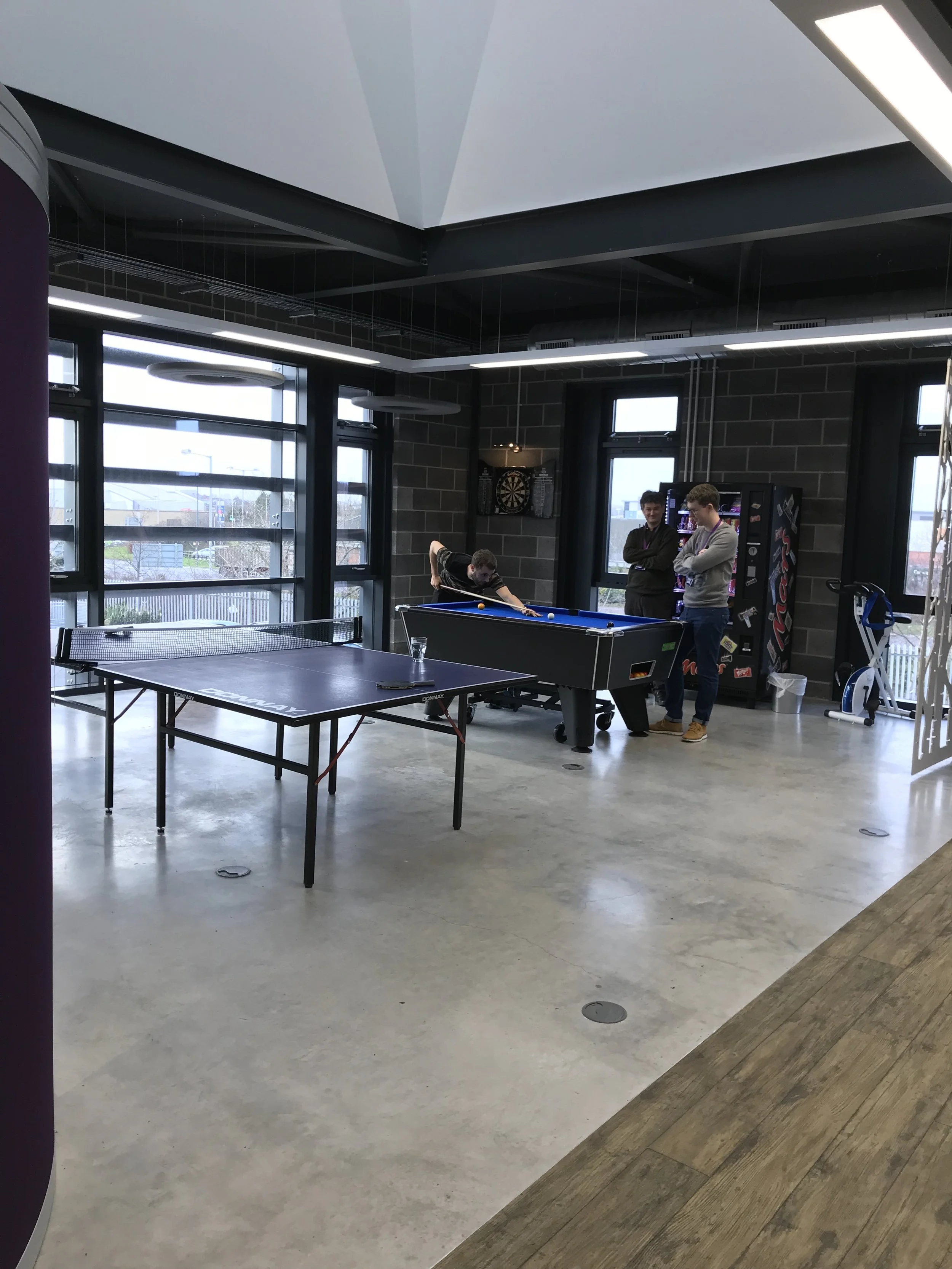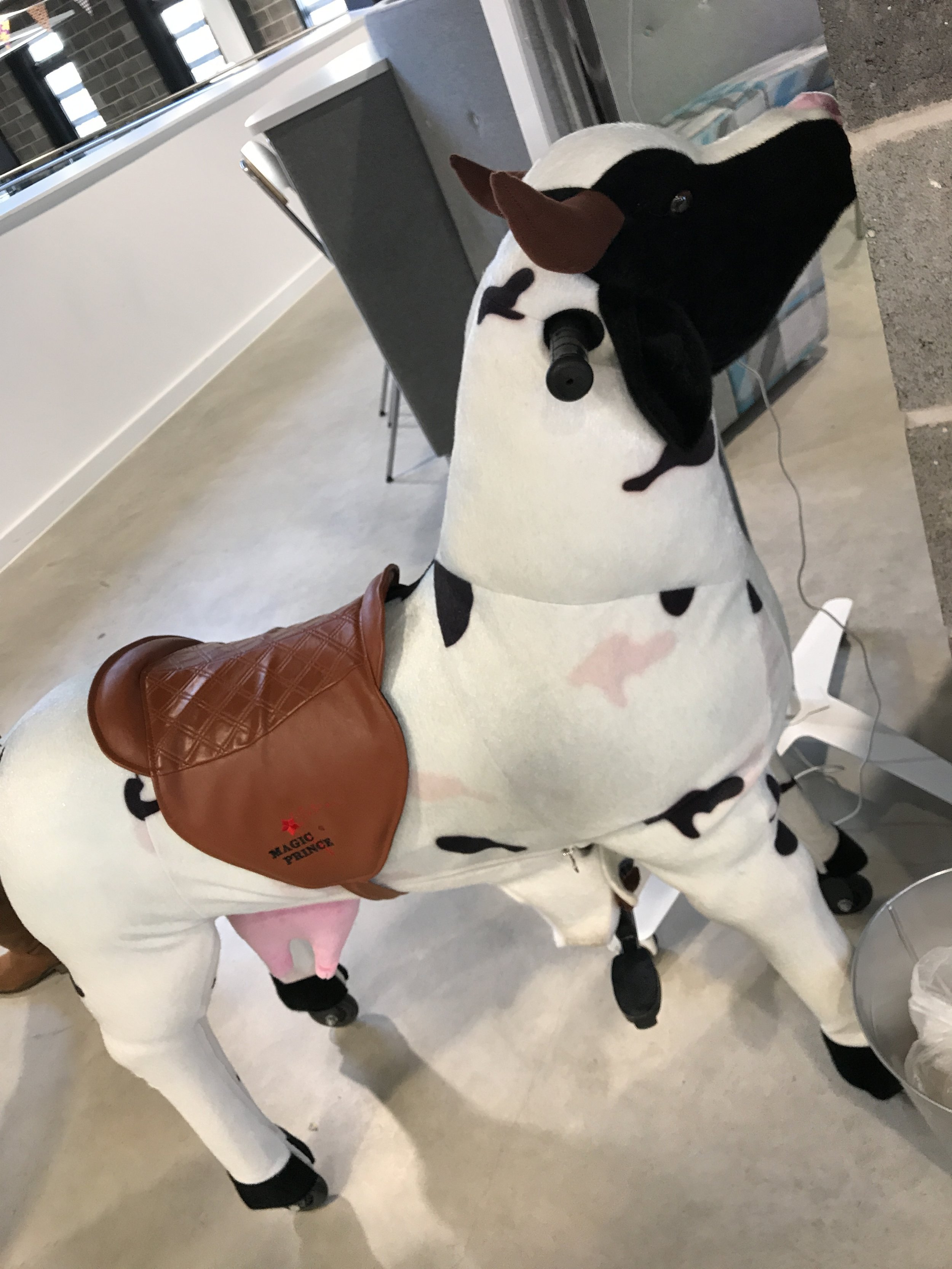As part of our business transformation project, programmeOne, we are keen to explore different ways of transacting not just with customers, but also with staff, particularly around ‘work is not where you are, but what you do’. A quick scroll through Twitter shows that we are not alone, with many organisations following suit, but can it really be done, and if it can, how successful can it really ever be?
Well, Halton Housing did it. And boy, did they do it well.
Last week, Katie & I visited along with a group of fellow Bromford colleagues to see Halton’s new digs (spoiler: it’s total office goals) but more importantly, hear from them about their Digital First strategy, how it started, its evolution and where they are now. We also wanted to meet our counterparts in Halton's very own Innovation Lab to talk about some of the projects they are working on and generally get a feel for how they operate on a day to day basis and glean any best practice tips we could apply to our own model. It was a really insightful day for everyone who attended but rather than give you a blow by blow account of what went down, I've summarised it into my takeaways from the day:
1. Assumptions Don't Work - Data And Facts Are Key
At the outset, Halton were just like most housing associations in their assumptions around access to the internet and digital usage. They knew Universal Credit was going to affect them massively and they knew that their model needed to change in response to this. We're all guilty of thinking:
- older customers don't know about or want to use digital technology,
- younger customers would rather transact with a robot
- any vulnerable customers just won't manage on an entirely digital platform
amongst others, but these are assumptions that can easily be challenged (or backed up) once you dive into the data. At the outset of Digital First, Halton embarked on an exercise where they contacted as many of their customers as possible to find out more about them and their households, at the end of which they were able to identify a 70, 20, 10 split in terms of needing assistance - 70% being the number of people that did not need any assistance at all in any aspect of their tenancy. In fact, it was only 10% of people who needed support at all times - even the other 20% only needed help when faced with a crisis.
This is something that has continued, with systems designed to capture as much data as possible on what their customers want and need from them, with front facing colleagues prompted to check data remains up to date when in contact with a customer. This data is then used to make decisions within the business, uniquely tailoring their service offer to avoid the inefficient, 'one size fits all' traditional approach.
Since launching their digital offer, Halton actually found that the age range which did not transact with them as much digitally was actually 40 - 55. Kind of blows the assumption about older people out of the water really.
2. Have The Courage Of Your Conviction
Nick Atkin, CEO of Halton Housing and Carole Galsworthy, Director of ICT and Business Improvement knew what they wanted to achieve at the outset and had thought through the business case carefully, gathering relevant data to support their decision making and ensure transparency to customers and colleagues alike.
“It wasn’t about cutting jobs or saving money.....it was about making services better and getting the best out of our resources.”
During her presentation, Carole demonstrated how staff had in fact been reallocated to other roles and were able to work more flexibly as a result, with some teams actually seeing a 200% increase in staffing resource as a result of the new service design.
It wasn't without its challenges though, as ultimately, people are generally conditioned to be wary of change and are uncomfortable when pushed out of their comfort zones. The key to Halton's success was the clear direction from Nick and Carole, backed up by Directors, managers and supervisors. In telling us about how they moved staff to a hot desking environment, Carole explained that colleagues were told they could have their own desk if they wanted - just they would have to cover the cost of having one directly from their salary, which was calculated to cost the business around £3,000.
Funnily enough, no one took them up on their offer.
3. Your Offer Needs To Be Right BEFORE You Go Live
This applies to both colleagues and customers. Before they launched Digital First, Halton made great efforts to ensure the platform they had built a) worked and b) allowed customers to easily complete the transactions they needed to in the most effective way. You can't expect people to go fully digital and embrace it if the platform you are offering isn't up to scratch. They also identified those customers who didn't have any form of internet access and worked with them to provide a suitable device and data package (which Halton funded) so they literally thought of all the barriers and did all they could to make sure they had removed them or at the very least, minimised them.
The same went for colleagues. In their office redesign, Carole and the Business Improvement team went to great lengths to research the most appropriate office chairs to cater for all users, the most appropriate devices for people to use dependent on their role, office layouts, absolutely everything you could think of was considered. As you can see the results speak for themselves, as they have created a space which supports collaborative working and creative thinking, as well as being somewhere colleagues really want to spend time. Walking through it, there was a definite vibrant buzz which wouldn't fail to put a smile on your face!
4. Continuous Improvement Is Continuous - Once You Stop, You Risk Being Out Of Date.
Continuous improvement is not a one off transformation programme, as generally, once that has been completed, its already out of date. It was really nice to hear that Halton, like Bromford, are aware of the benefits of having a space that is dedicated to exploring and testing. Their team of three 'Disruptors' work very closely with Business Improvement and ICT, looking at new concepts and ideas aimed to make their services even better. We had a great conversation with Lee and JP in particular around some of the ideas they are working on, including AR and VR, smart electrical sockets and much more. We would definitely love to do some collaborative working with them in the future, particularly as we both are passionate about the fact that in a world that is ever changing, for our businesses to be the best they can be, you need people like us to focus on identifying these concepts, testing them out and working with colleagues to scale up any identified of benefit or ways to minimise any external factors that may have a negative impact.
Our huge thanks to Nick, Carole, Lee, JP and Mark for hosting, I know everyone had a great time and it was definitely well worth the early start (which from me, is high praise indeed) Next time I visit, I will definitely do a time trialled lap of the office on the cow - just warning you though, I play to win!


